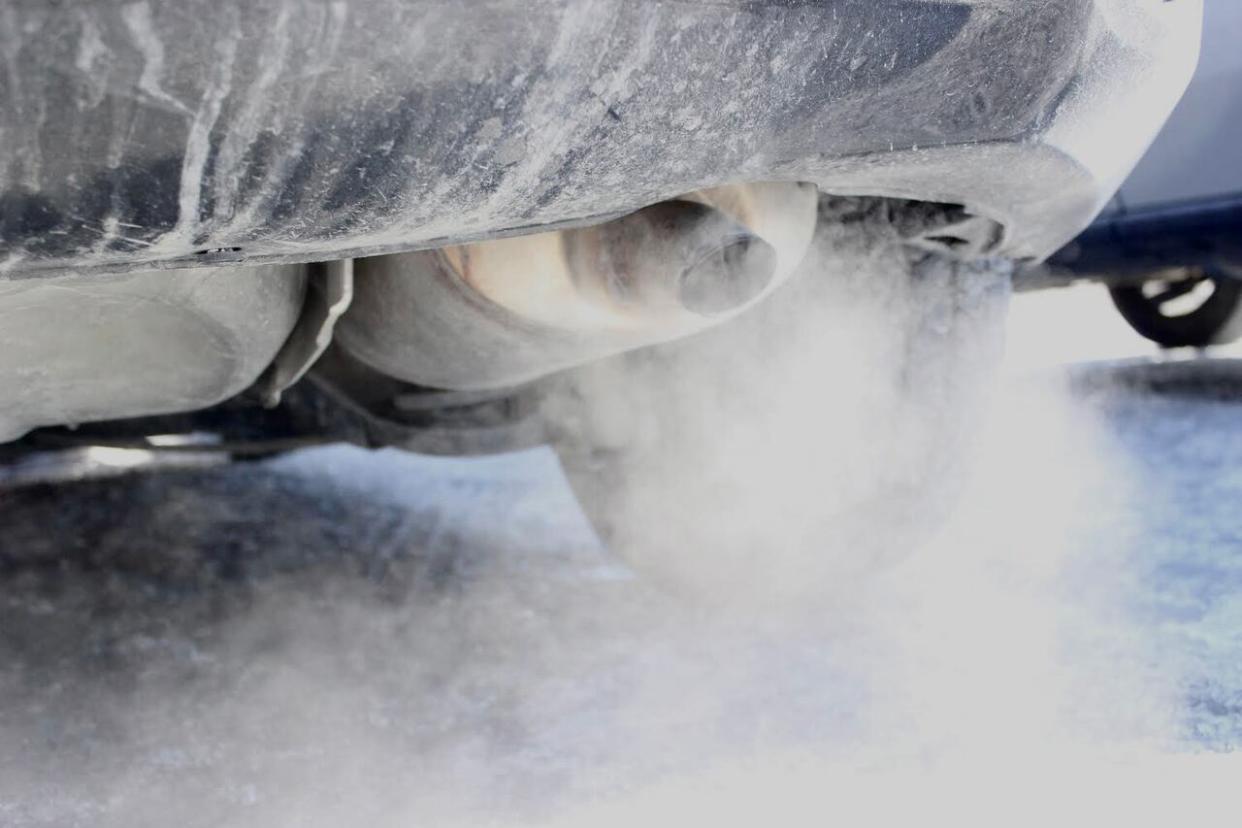Bill that would switch N.W.T. to federal carbon tax program moving forward

A bill that will replace the N.W.T.'s carbon tax system with the federal government's version passed a second reading at the Legislative Assembly — meaning it'll now be reviewed at the committee level.
Yellowknife North MLA Shauna Morgan voted against Range Lake MLA Kieron Testart's Carbon Tax Repeal Act. One of the issues she raised about the bill in the House on Wednesday evening was its name.
"I fear that by sending it to committee, far from creating policy clarity, we will be causing even greater confusion and chaos," she said. She said people might believe, based on the bill's title, that it would repeal the carbon tax and they'd no longer have to pay it.
"This is not true," she said. "The carbon tax will continue to exist until the federal government cancels it. The Government of Northwest Territories cannot change how much people in the N.W.T. are charged for the carbon tax."
The N.W.T., Quebec and British Columbia are the only jurisdictions in Canada that have their own carbon tax legislation. Other provinces and territories have opted for the federal government's version of the carbon tax — which would take effect in the N.W.T. as well if Finance Minister Caroline Wawzonek's locally tailored carbon tax is removed.
Kieron Testart has proposed making the switch because he wants Ottawa to be responsible for the tax. He said the bill would not change the tiered cost-of-living offset payments, which sees those in the territory's northernmost communities getting more offsets than southern communities. Morgan said, however, the N.W.T. would have to "plead" with the federal government to keep the N.W.T.'s current rebate system.
Testart said adopting the federal program would also mean any changes from Ottawa — such as the exemption on home heating oil announced last fall — would take affect immediately, rather than having to wind its way through the N.W.T. legislature.
"My support for this legislation and bringing it forward, it is not a rebuke of climate, of putting a price on pollution. We have to put a price on pollution, where it's not just a tax on people living in the Northwest Territories," he said.
Testart said there has not been concrete data about how the N.W.T.'s carbon tax system is reducing greenhouse gas emissions. He also said the N.W.T. wants to benefit from green energy alternatives but "the technology is just not there yet."
The N.W.T. has had a carbon tax since 2019, but it's become more of a flash point in recent years. An updated version of the tax took effect in the spring of 2023, after Wawzonek revised it to meet new federal standards.
Wawzonek told the House that cabinet would abstain from voting on Testart's bill. She also implored her colleagues not to spend more time and resources talking about it, and feared the assembly would be missing opportunities to talk "truly and meaningfully" about energy alternatives.
Testart, who made the last comment before the bill passed second reading, said anything MLAs do for their constituents is not a waste of time.


